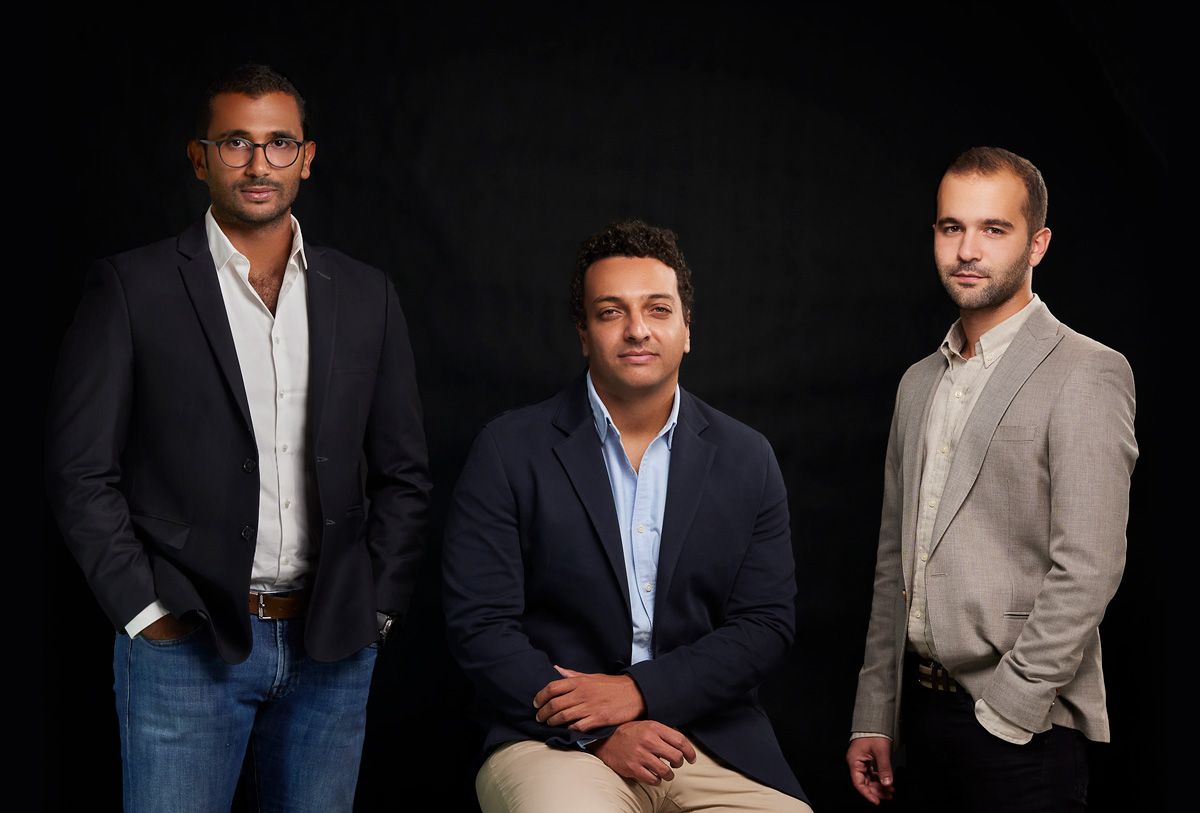Introduction
Paymob, an Egypt-born fintech startup, has successfully raised an additional $22 million in funding, bringing its total Series B round to $72 million. This recent extension follows a $50 million raise in 2022, pushing the company’s total funding to over $90 million since its inception. The extension round was led by EBRD Venture Capital, with significant participation from notable investors such as PayPal Ventures, Endeavor Catalyst, British International Investment (BII), FMO, A15, Nclude, and Helios Digital Ventures (HDV).
Expanding Operations Across the MENA Region
The newly acquired funds will be instrumental in scaling Paymob’s operations across the Middle East and North Africa (MENA) region. The fintech plans to use the investment to expand its suite of products and services, further solidifying its presence in the region. Since receiving its initial Series B investment, Paymob has enhanced its product offerings, including launching an app specifically designed for small and medium businesses (SMBs) and introducing new payment methods such as embedded checkout experiences, lending, and advanced settlements.
The Journey from Startup to Regional Powerhouse
Paymob was founded in 2015 by three college friends—Islam Shawky (CEO), Alain El Hajj, and Mostafa Menessy—who met while studying at the American University in Cairo. The startup began as a solution to Egypt’s emerging eCommerce market, addressing the lack of payment infrastructure for digital businesses. Over the years, Paymob has evolved into a comprehensive omnichannel payment gateway, offering over 50 different payment methods, including wallets, cards, buy now pay later (BNPL), and QR payments.
Empowering Merchants Across Multiple Markets
Today, Paymob enables more than 350,000 merchants to accept both online and offline payments across five countries in the MENA region, including Egypt, Pakistan, Oman, Saudi Arabia, and the UAE. The company, which employs over 1,000 people, has seen significant growth in its operations. Shawky expressed his enthusiasm for Paymob’s progress, noting that the startup became profitable in Egypt for the first time in the second quarter of 2024, a major milestone for the company. However, profitability has yet to be achieved in the other countries where Paymob operates.
Achieving Significant Growth in Egypt and Beyond
Revenue in Egypt has grown sixfold since mid-2022, a significant achievement attributed to Paymob’s ability to cross-sell additional services such as lending and advanced settlement options to its expanding merchant base. Despite currently offering only online payment services in the UAE, Paymob’s transaction volume in the country now matches that of its entire Egyptian business, which took five years to build. Shawky attributes this success to the UAE’s higher purchasing power, stronger currency, and widespread adoption of digital payment methods.
Enabling Financial Services Across the MENA Region
Paymob positions itself as a financial services enabler, reporting a total payment volume of $5 billion in 2020 and facilitating over 120 million transactions that year. While the fintech has not yet disclosed updated numbers, the rapid growth and expansion of its services indicate a continued trajectory of success. As Paymob scales its operations and introduces new products, the company is set to play a pivotal role in transforming the digital payment landscape across the MENA region.




